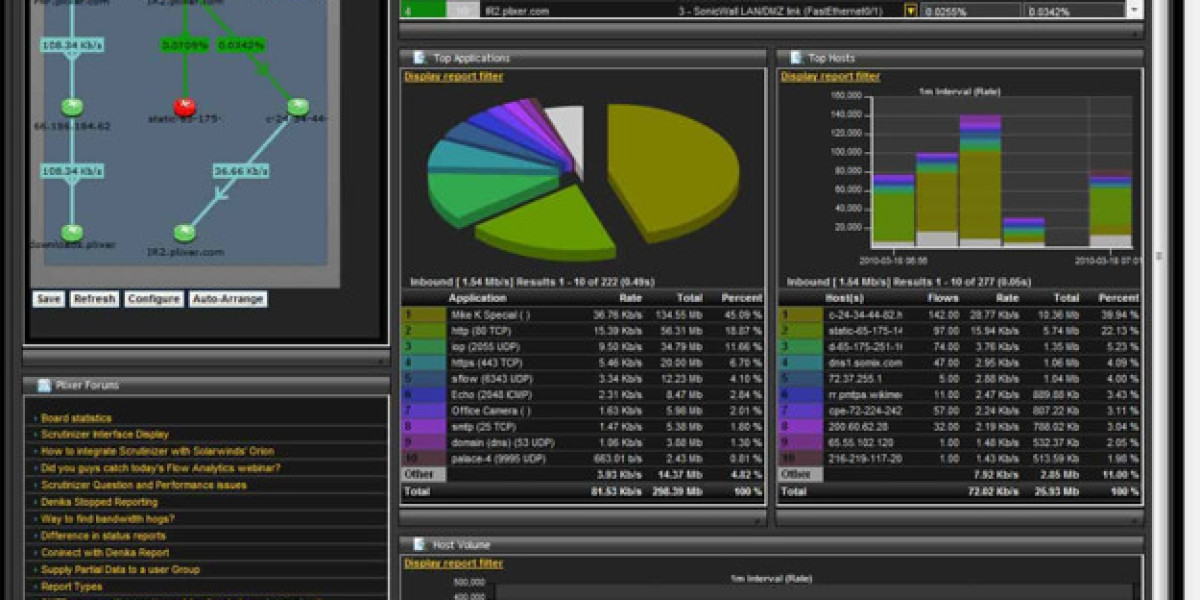A German Shepherd puppy will thrive in an environment that offers plenty of space for exercise and training. You'll want to search for a reliable breeder that provides tests for temperament and health for each litter of puppies they sell.
 Find puppies that are curious and fearless of people. Avoid puppies that display territorial aggression, which could be dangerous for visitors. Early socialization and obedience training can decrease aggressive behavior.
Find puppies that are curious and fearless of people. Avoid puppies that display territorial aggression, which could be dangerous for visitors. Early socialization and obedience training can decrease aggressive behavior.Health
German Shepherds are known to live longer than other breeds. However, they could be prone to certain health problems. Responsible breeders screen their puppies for hip and elbow dysplasia and degenerative myelopathy (similar to Lou Gehrig's Disease), bloat as well as cancer, allergies and heart disease. A reputable veterinarian will recommend regular checkups with the vet and a balanced diet, fitness for the body and mind and prompt intervention if any health issues arise.
Despite their athletic nature, the German Shepherd should not be over-exerted as it could result in joint problems like elbow dysplasia and hip dysplasia, which can be painful for the dog. Losing weight, reducing activity and taking joint supplements and administering anti-inflammatory medications can ease symptoms like walking slower and less mobility.
Another health issue that is common among German Shepherds is pannus. It affects the cornea and could cause blindness if it is not treated quickly. This condition is more prevalent in dogs living at high altitudes or in areas of high pollution. The best way to prevent this from happening is achieved by keeping your German Shepherd inside during the hottest hours of the day. You can also provide a shaded area or even a pair of doggie sunglasses.
German Shepherds may suffer from osteoarthritis later in life similar to other large breeds. It can be painful. Although any breed can be affected by this condition, the risk is higher for larger breeds. If you choose to purchase an adult German Shepherd from a reputable breeder, and providing them with plenty of exercise in a secure yard can help reduce the severity of this disease.
Training
German Shepherd puppies have a large amount of energy and require plenty of exercise to burn it. They are a great fit in a home with large open spaces and regular walks.
It's a great idea to begin with basic obedience classes for your puppy. They are smart and EntzüCkende SchäFerhund Welpen will be responsive to training. Start with basic commands like "sit', "down" and "stay". Once your dog has learned the basics, you can move on to more advanced obedience exercises such as 'come on command' and 'leave'.
It is important to get your German Shepherd puppy used to other dogs and people can help prevent fearfulness in adulthood. It's important to introduce them to other people and animals in a controlled setting, such as at a dog-friendly cafe or park. Treats can aid your German shepherd focus on you and others, so they don't become overwhelmed by the presence of strangers.
It's important to remember that your German Shepherd is a puppy, and as such, they will do things like play with and chew on everything. It's a good idea to begin training them at an early age so they don't jump on other pets or people.
It is essential to introduce your German Shepherd puppy with new sights, sounds and smells in the first year of their life. They will go through a time period called the Fear Period, which means that they'll have trouble understanding certain things that seem safe to us (such as children, loud noises or unfamiliar surfaces). During this time, it is important to expose your German shepherd to a variety of things to avoid developing fears later on in life.
It's also a good idea to get your German Shepherd puppy into some socialisation and obedience training classes particularly if you have other family members who will be able to help out. It will be easier to track improvements if you have someone else who can reinforce the good behavior you are attempting to improve with your German shepherd. This will also give your German Shepard some consistency, so they don't get overwhelmed by too many experiences all at once.
Exercise
German Shepherds require a daily workout due to their active dogs. This activity is beneficial to the dog and its owner. It helps the dog maintain healthy weight and keeps its muscles flexible and strong. It also helps to prevent health problems like hip dysplasia. Regular exercise can help keep a dog's mind sharp and decrease the chance of developing behavioral issues.
Working line German Shepherds are specially bred for military and police jobs, therefore daily exercise is essential. It can help to prevent destructive behaviors such as excessive chewing or digging. It can also improve obedience training and strengthen bonds between dog and pet owner.
Puppies will need more exercise than adult dogs since they have an unending energy. It is important to not over-exercise your dog as this can damage their joints and bones. This is especially true if your puppy is still growing. It can happen up to 12 months.
Exercise can help puppies develop healthy habits that last for a lifetime. Regular walks can improve cardiovascular health, help manage their weight and reduce stress. Through exposing them to other animals and people It can help them improve their social abilities. This can help them to adjust to new situations and deal with difficult situations in the future.
As a guideline to determine how much exercise your German Shepherd puppy requires, you can walk the dog for five minutes every month. The exercise could include play and training however it must be monitored. If your dog is exhausted it is a good idea for him to take a break and rest.
A few activities that offer plenty of mental and physical stimulation for German Shepherds include playing fetch and tracking, agility exercises such as obedience training, and games like hide and seek. This is a great way to get your puppy to use its natural hunting instincts, and also prevent boredom, which can cause negative behaviors such as destructive chewing or digging.
Care
German Shepherds are intelligent dogs who respond well to early guidance. They are big dogs that have lots of energy and require space to burn it off. If they are not given enough exercise, they could turn destructive. Their natural instinct to protect themselves can be a source of aggression in the event that they aren't socialized or trained from puppyhood.
When buying a German Shepherd, choose a breeder who is honest about his breeding policies and has the required AKC papers for every puppy. He should also be able to tell you about each puppy's personalities and how they interact with their littermates. The breeder should allow you play with the puppies as well as their mother and the stud (if they live in the same house).
Ask the breeder to provide references from previous customers. Contact local veterinarians or animal shelters in order to find reputable breeders.
A responsible breeder will not sell a puppy that is not well-socialized or unhealthy. He can also explain the way he has planned the breeding program to highlight certain qualities in the puppies. He may be able to provide you with a replacement puppy in the event that the one you choose doesn't work out.
You should look for a sturdy and healthy-looking German Shepherd puppy. Puppy should be alert, curious, and active but not overly hyperactive or anxious. A sluggish or aggressive puppy should be avoided.
Watch the way a German Shepherd puppy acts around his littermates and other pets. He should be curious and not afraid of interacting with other dogs. He should also seek attention from people with confidence. If he chooses to pick one of the other puppies in the litter, it's important to note that this behavior could continue into adulthood and cause him to be difficult to live with.
Take the puppy to visit your veterinarian to ensure they're current on all vaccinations and are microchipped. Introduce your family members to him when they are still a young puppy so you can start teaching him basic rules of the house and basic obedience.









